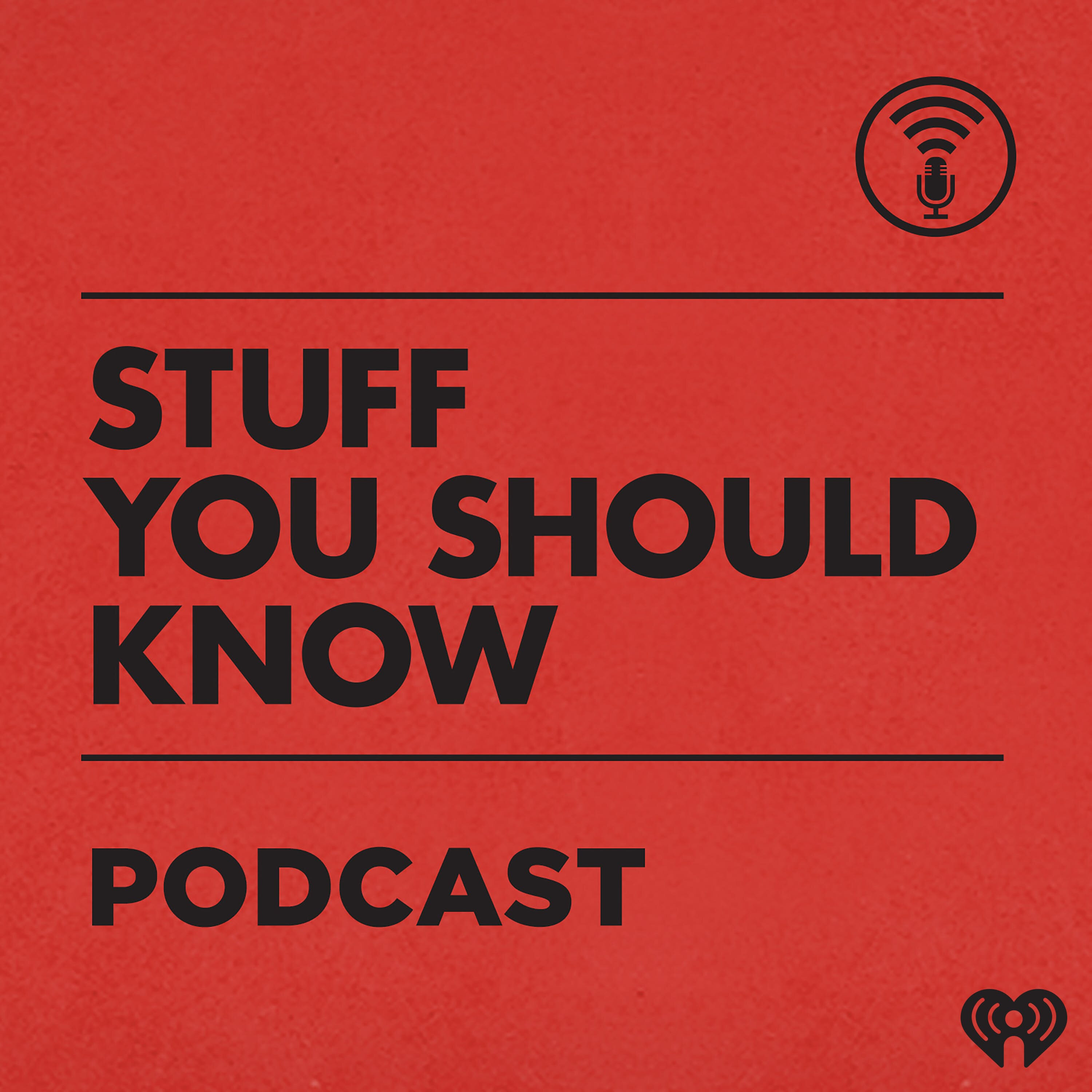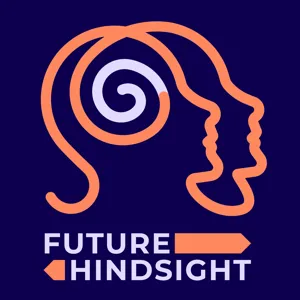Podcast Summary
Freedom Schools and Capital One Venture X Card: Empowerment and Opportunity: The Capital One Venture X Card empowers cardholders with 2X miles on every purchase and premium travel benefits, while Freedom Schools provided education and empowerment to African American students during the Civil Rights Movement.
The Capital One Venture X Card offers cardholders unlimited 2X miles on every purchase, along with premium travel benefits like airport lounge access and a $300 annual credit for bookings through Capital One Travel. Meanwhile, Purdue Global provides working adults with the opportunity to earn a respected degree and take charge of their career and life. Elsewhere, the discussion touched on the historical significance of Freedom Schools during the Civil Rights Movement in the United States. The Freedom Schools, which took place in Mississippi during the most dangerous period of the civil rights movement, challenged segregation and poor education standards for African American students. The use of the term "Negro" in some Freedom School curriculums and quotes reflects the historical context of the time. The landmark Brown v. Board of Education ruling in 1954 declared segregation in schools unconstitutional, but Mississippi and other states resisted integration. The Freedom Schools aimed to provide quality education to African American students despite these challenges.
Segregated Education in Mississippi during the 1960s: The 1960s in Mississippi saw deeply segregated education systems with unequal funding and lengthy school years for whites versus Blacks, perpetuating systemic inequality. Activists responded with initiatives like Freedom Summer to register voters and challenge the status quo.
During the 1960s in Mississippi, the education system was deeply segregated and unequal. White schools received significantly more funding and ran for longer periods than Black schools, which often only operated for a few months a year. Black students were expected to work in the fields instead of attending school, and their education focused on white history that diminished the importance and validity of their own heritage. This context of systemic inequality fueled the African-American community's call for change during the Civil Rights Movement. However, efforts to register to vote and advocate for equal rights were met with violence and indifference from law enforcement. In response, activists like Robert Moses led the Freedom Summer initiative in 1964, aiming to register voters en masse and force a confrontation between local and federal authorities to address the ongoing injustices.
Freedom Schools: Empowering the Next Generation of Civil Rights Leaders: The Freedom Schools, initiated in 1964, aimed to educate black children about their history, self-worth, and the means to enact change when government support was lacking.
The Freedom Schools initiated in the summer of 1964 in Mississippi were a grassroots response to the lack of federal support for civil rights activists. These schools aimed to educate black children about their history, self-worth, and the means to enact change. The activists knew they couldn't rely on the government for assistance, so they focused on the future and the next generation of civil rights leaders. The Freedom Schools were progressive for their time and still relevant today, as they taught black children their self-worth and the power to create change. Despite the progress made, it's unfortunate that such a concept still holds a subversive feel. The Children's Defense Fund revived the Freedom Schools in the 1980s, and they continue to inspire and educate young people.
Learning and growth in different contexts: Zigazoo vs Freedom Schools: Zigazoo is a fun, safe app for kids to connect and share vacation experiences, while Freedom Schools provided intellectual experiences and activism during summer 1964. Both prioritize learning and personal development.
Both Zigazoo and the Freedom Schools prioritize learning and growth, but in different contexts. Zigazoo offers a fun and safe platform for kids to connect and share experiences during vacation, while the Freedom Schools aimed to supplement high school education, provide intellectual experiences, and teach grassroots activism during the summer of 1964. Zigazoo requires downloading the app and sharing vacation blogs, while the Freedom Schools were staffed by volunteers, mainly college students, who paid their way to Mississippi and lived with local black families. Despite the differences, both initiatives highlight the importance of learning and personal development. Additionally, Betterment's sponsor message emphasizes the value of making your money work for you through automated investing and savings.
A pivotal moment in the Civil Rights Movement: Freedom Summer of 1964 in Mississippi: Despite local opposition, over 2,000 students attended Freedom Schools during the Freedom Summer of 1964, demonstrating the determination and bravery of Civil Rights activists.
The Freedom Summer of 1964 in Mississippi was a pivotal moment in the Civil Rights Movement, marked by the establishment of Freedom Schools and the involvement of Northern volunteers. This period was considered a second "war of northern aggression" by local authorities, who were not welcoming to the idea of these freedom schools or the volunteers. The disappearance and murder of three Civil Rights activists, including two white volunteers, Andrew Goodman and Michael Schwerner, only a week before the Freedom Schools were to launch, underscored the need for these volunteers and brought national attention to the cause. Despite the challenges, the number of students enrolled in Freedom Schools exceeded expectations, with over 2,000 students attending. Howard Zinn's description of the volunteers' experience at orientation, with its warnings of hardships and uncertainty, proved prescient. Overall, the Freedom Summer was a testament to the determination and bravery of those who fought for equality in the face of adversity.
Freedom Schools during Civil Rights Movement: During the Civil Rights Movement, African American students faced challenges accessing education, so freedom schools were established to teach citizenship and civics. The 'citizen curriculum' challenged the status quo, empowering students to understand racial inequality and power structures.
During the Civil Rights Movement in Mississippi in the 1960s, African American students faced significant challenges in accessing education due to threats from white supremacist groups. As a result, "freedom schools" were established outside, under trees or on front porches, to teach citizenship and civics, which were not part of the regular curriculum. The curriculum, known as the "citizen curriculum," was designed to challenge the status quo and empower students to understand the root causes of racial inequality and the power structure that perpetuated it. One unit, called "Introducing the Power Structure," explained how fear, hate, and inferiority were instilled in people to maintain a system of cheap labor and profits. The freedom schools were met with resistance, and some were even firebombed, but the students continued to meet and learn, demonstrating their determination to fight for their rights and education.
Understanding oppression to build a new society: Freedom Schools taught Black students to understand white people as fellow victims, prioritize self-worth, and challenge academic norms.
That true freedom for Black people cannot be achieved through material possessions, but rather through using insights about oppression to create a new kind of society. The citizenship curriculum units emphasized this by encouraging students to understand what white people have that they don't have or want, without promoting hate. Instead, the curriculum aimed to help students understand white people as fellow victims in the power structure. Additionally, the Freedom Schools were child-led, with a focus on raising self-worth and self-esteem, and embracing creative pursuits. The students wrote their own Declaration of Independence and produced newspapers, showcasing their advanced abilities. Overall, the Freedom Schools offered a unique educational model that prioritized students' interests and self-worth, and challenged traditional academic norms.
Freedom Schools during Civil Rights Era: Spreading News and Inspiring Learning: Freedom Schools in Mississippi during the civil rights era fostered learning, spread civil rights news, and faced resistance. Today, platforms like Zigazoo and opportunities like Airbnb promote creativity, education, and community.
The Freedom Schools in Mississippi during the civil rights era played a significant role in spreading civil rights news and fostering a love for learning among students. The student-run newspapers were the primary source of civil rights news in the state, and the students were passionate about producing them. The Freedom Schools also featured theater and music groups, providing well-rounded educational experiences. However, this experiment in pushing Mississippi into the civil rights era was met with resistance, and 30 homes of black residents and 37 black churches were firebombed during the 10-week Freedom Summer. Today, there are platforms like Zigazoo, a kid-safe social media platform, that encourage creativity and learning in a safe environment. Similarly, opportunities like Airbnb allow individuals to make extra money by sharing their homes with travelers. These historical and modern examples demonstrate the power of education, creativity, and community.
Freedom Summer: Empowering Activists Amidst Violence: In the face of violence and danger, the Freedom Summer of 1964 produced a new political party and empowered the next generation of civil rights activists through the Freedom Schools, which emphasized self-empowerment and leadership development.
The Freedom Summer of 1964 was a dangerous and violent time for civil rights activists in Mississippi. Demonstrators were shot and beaten, and there were numerous bombings. Despite this, the Freedom Schools were successful in helping to create the Mississippi Democratic Freedom Party and training the next generation of activists. These students, many of whom were teenagers, wrote their own political platform and formed the Mississippi Student Union. Ella Baker's philosophy of "strong people don't need strong leaders" was a guiding principle of the Freedom Schools, with the goal of empowering individuals to take action and make a difference. Despite facing significant challenges, the activists of the Freedom Summer were able to make a significant impact on the civil rights movement.
Empowering Everyday People During the Civil Rights Movement: The Freedom Schools played a pivotal role in encouraging ordinary people to stand up for their rights, producing new leaders and empowering attendees, ultimately leading to significant community contributions and paving the way for future generations.
During the Civil Rights Movement, ordinary people were encouraged to stand up for themselves and fight for their rights, rather than relying on a select few leaders. The Freedom Schools played a crucial role in this, not only producing new leaders but also empowering everyone who attended. One of the most significant moments came when Fanny Lou Hamer, a former sharecropper, testified at the Democratic National Convention, only to be interrupted by President Lyndon Johnson. This unfortunate event actually increased Hamer's exposure and amplified her message, which was a threat to the Democratic establishment due to its potential to bring about integration and the loss of the solid South's Democratic vote. Despite the challenges, many Freedom School attendees went on to make significant contributions to their communities and pave the way for future generations. The legacy of the Freedom Schools lives on through organizations like the Children's Defense Fund, which continues to focus on literacy and community empowerment.
Honoring African heritage in Freedom Schools and Understanding Due Process: Freedom Schools blend modern education with cultural traditions. Due process is a constitutional protection with procedural and substantive forms. Procedural ensures notice and a hearing, while substantive protects fundamental rights. In Lawrence v. Texas, privacy was upheld as a fundamental right.
The Freedom Schools, despite their modern approach to education, still honor their African heritage through traditional welcoming celebrations. Regarding the legal aspect discussed, due process is a constitutional concept that comes in two forms: procedural and substantive. Procedural due process ensures notice and an opportunity to be heard before rights are taken away, while substantive due process protects fundamental rights that cannot be deprived no matter the procedure. A listener named Keith from Philadelphia clarified the concept in relation to the Lawrence v. Texas case, where consenting adults' right to privacy was upheld. Lastly, Zigazoo, a social network for kids, and Discover's credit card services were introduced as alternatives that aim to make everyone feel special.





